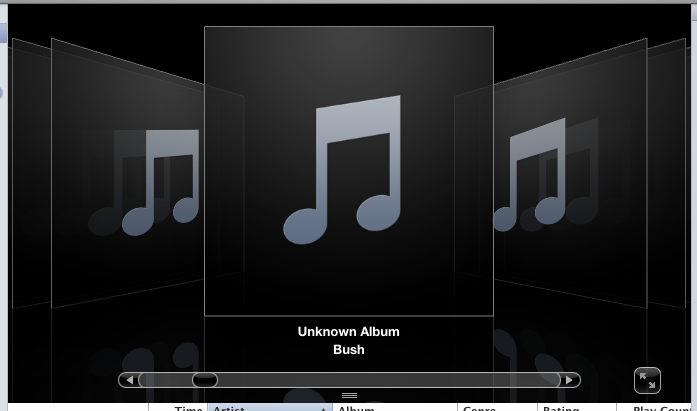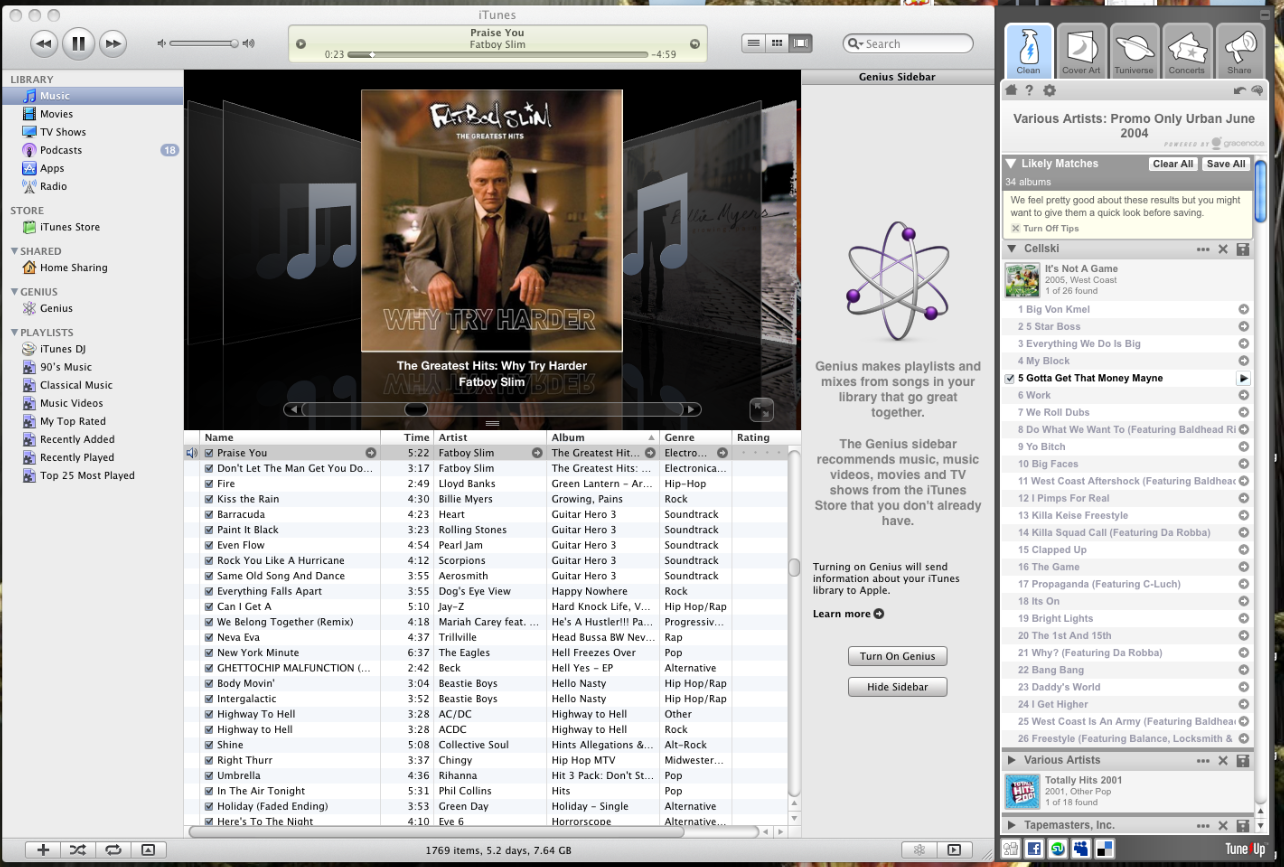One of those laws that everyone thinks they know, but no one can really identify, is supposed to make it illegal to divulge or disseminate information you hear on the scanner.
RadioReference seems to have thoroughly debunked it, though, using an obscure technique known as “Looking the law up and seeing what it says.” In fact, the oft-cited law refers to anyone transmitting or receiving (or assisting therein) “any interstate or foreign communication by wire or radio,” which automatically rules out most scanner communications. But then, as if that weren’t enough, it has a giant exception, clarifying that it’s entirely legal to intercept anything received “through an electronic communication system that is configured so that such electronic communication is readily accessible to the general public,” and also explicitly permits interception of any signal which is “for the use of the general public, or that relates to ships, aircraft, vehicles, or persons in distress,” or any transmission “by any governmental, law enforcement, civil defense, private land mobile, or public safety communications system, including police and fire, readily accessible to the general public.”
On Florida ham radio operator, who streams his scanner audio over the Internet, asked the FCC for clarification. Their response is here, and unambiguously confirms that what he is doing is not illegal under FCC law. (Additionally, it clarifies that the “readily accessible to the general public” references encryption.)
Both of these links are discussed in this thread on RadioReference, started to call attention to an article describing a California police department which issued a memo warning officers about smartphones with applications that stream online feeds of police scanners. (There are several for the iPhone, most (all?) of which work by streaming the Live Audio section of Radio Reference. Boston PD is conspicuously absent; a few people have discussed hosting one but it’s yet to come to fruition.)

